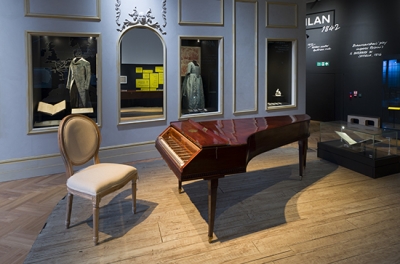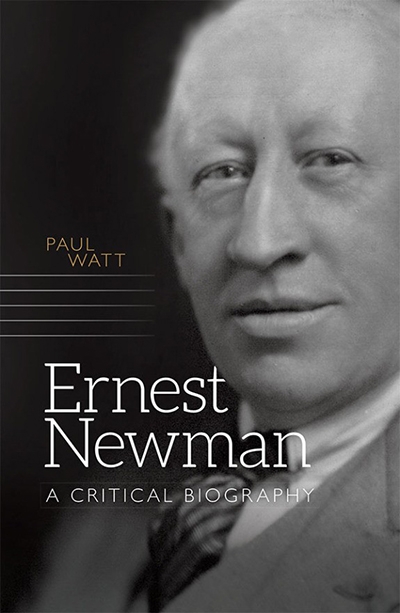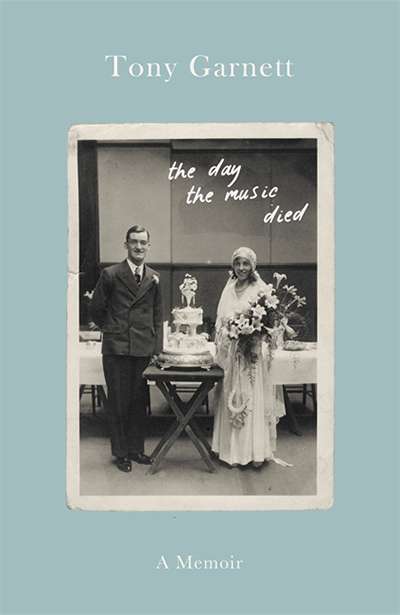Accessibility Tools
- Content scaling 100%
- Font size 100%
- Line height 100%
- Letter spacing 100%
Michael Shmith
The ABR Podcast
Released every Thursday, the ABR podcast features our finest reviews, poetry, fiction, interviews, and commentary.
Subscribe via iTunes, Stitcher, Google, or Spotify, or search for ‘The ABR Podcast’ on your favourite podcast app.
‘Where is Nancy?’ Paradoxes in the pursuit of freedom
by Marilyn Lake
This week on The ABR Podcast, Marilyn Lake reviews The Art of Power: My story as America’s first woman Speaker of the House by Nancy Pelosi. The Art of Power, explains Lake, tells how Pelosi, ‘a mother of five and a housewife from California’, became the first woman Speaker of the United States House of Representatives. Marilyn Lake is a Professorial Fellow at the University of Melbourne. Listen to Marilyn Lake’s ‘Where is Nancy?’ Paradoxes in the pursuit of freedom’, published in the November issue of ABR.
Recent episodes:
Let it be said – indeed proclaimed – that Opera Australia’s new production of Wagner’s paean to life and art and love is musically as close to a triumph as it could have been. If, by the end, you feel the outside world is a better place than the one you temporarily abandoned six hours earlier, then Die Meistersinger von Nürnberg has surely wrought ...
Opera: Passion, Power and Politics (Victoria and Albert Museum)
Opera is not a small artform. It is labyrinthine, multi-faceted, fraught with things that can go disastrously wrong (Wagner, especially), and it can be dreadfully expensive, formidably divisive, and astonishingly complicated. At the same time, opera is so necessarily crucial to culture as a reflection of history, thought, and ...
... (read more)The Day the Music Died: A life lived behind the lens by Tony Garnett
Originally published in German, Albrecht Dümling’s The Vanished Musicians: Jewish refugees in Australia (Peter Lang), a fascinating compendium of Jewish musicians who found refuge in Australia in the 1930s and 1940s, is now available in Australian Diana K. Weekes’s excellent translation ...
... (read more)Brett Dean, perhaps Australia's pre-eminent composer and certainly one of its most productive, is personable, witty, and engaging. He talks with heartfelt eloquence about ...
... (read more)An A-Z of Alfred Brendel by Michael Shmith (Alfred Brendel: The Complete Philips Recordings) ★★★★★
Why an A-Z of Brendel? Well, this is what the man himself has to say in the preface to his slim volume, A Pianist's A-Z: A piano lover's reader (2013): 'This book distils what, at my advanced age, I feel able to say about music, musicians, and matters of my pianistic profession ...
... (read more)In the early 1990s, after Leo Schofield was – not without controversy – appointed the artistic director of the Melbourne Festival, Clive James referred to our own emerging cultural tsar as 'Australia's Diaghilev'. Which, I guess, retrospectively makes Sergei Pavlovich Russia's Schofield.
There is an element of truth in James's witticism, especially these ...








